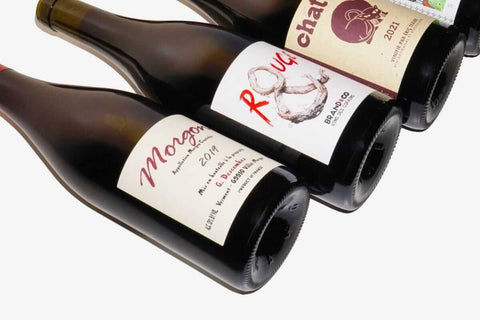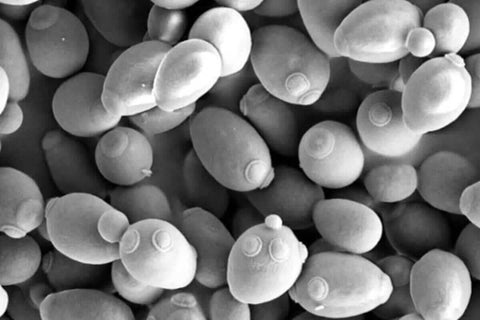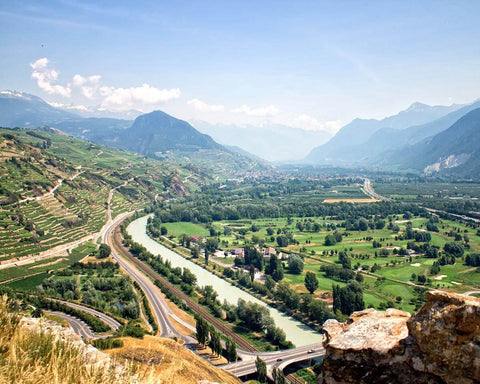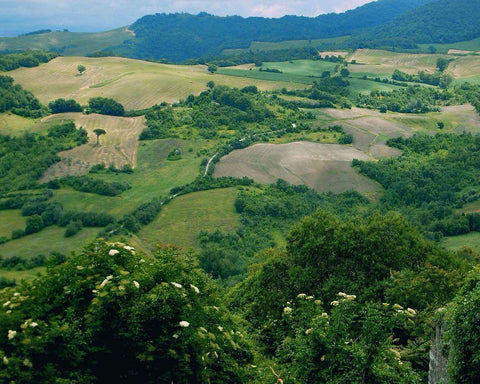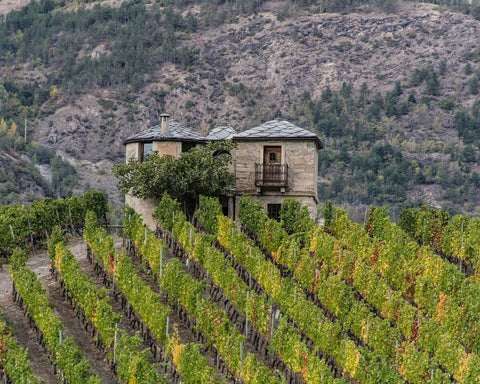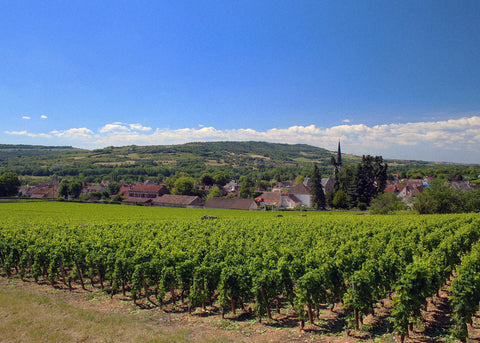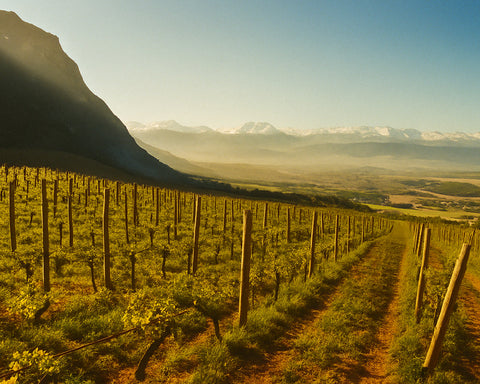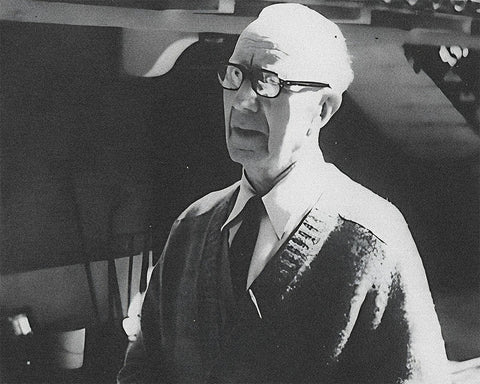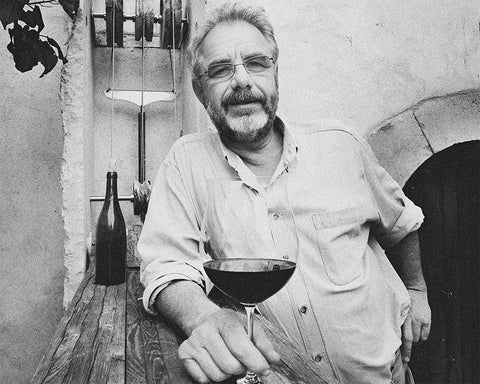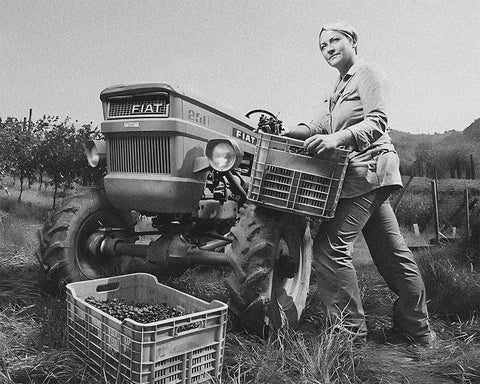One of the most debated topics in recent years is the concept of natural wine. As consumers become more conscious about the processes behind their food and drink, the demand for natural, organic, and biodynamic products has surged. But when it comes to natural wine, is there an official certification that guarantees its authenticity?
At its core, natural wine is wine made with minimal intervention, both in the vineyard and the winery. This means organic or biodynamic farming practices, spontaneous fermentation with indigenous yeasts, and limited to no additives during the winemaking process, and of course, minimal or no added sulfites. However, the term natural wine remains ambiguous due to the lack of a universally recognized and official certification.
While there isn't a single global certification for natural wines, various organizations and movements have emerged that champion the cause of natural winemaking. These groups often provide their own forms of certification or labeling, each with its own set of criteria.
RAW Wine
Similarly, RAW Wine is a global initiative that not only showcases natural, organic, and biodynamic wines but also provides a comprehensive guide and directory for natural wine producers and events. Through fairs, tastings, and workshops, RAW Wine educates consumers and industry professionals about the nuances of natural wines.
Vinnatur
Vinnatur is a pioneering association championing natural winemaking. Founded in Italy. Vinnatur brings together a community of winemakers dedicated to respecting the land and the natural processes of viticulture. Vinnatur's philosophy is rooted in transparency, sustainability, and minimal intervention, both in the vineyard and the cellar. The association not only sets guidelines for natural winemaking but also actively promotes research and innovation to address challenges in the sector. Vinnatur was founder by winemaker Angiolino Maule of La Biancara, who we extensively interviewed. Read Angiolino's interview at this link.
Conclusion
The absence of a single, universally accepted certification poses challenges. The varied criteria and standards across different organizations can lead to confusion among consumers. The term natural wine might be leveraged as a marketing tool by some producers, even if their practices don't align with the principles of natural wine. This potential for misrepresentation underscores the importance of consumer education.
For those keen on exploring natural wines, it's crucial to delve deeper than just labels. Engaging with producers, attending wine tastings, and educating oneself about the different certification criteria can provide clarity. The onus, to a large extent, lies on consumers to navigate this landscape, armed with knowledge and an open mind.
Perhaps the future will see a more unified approach to natural wine certification even though a lot of natural wine advocates are actually against it. We believe that consumers, to an extent, will benefit from it.
